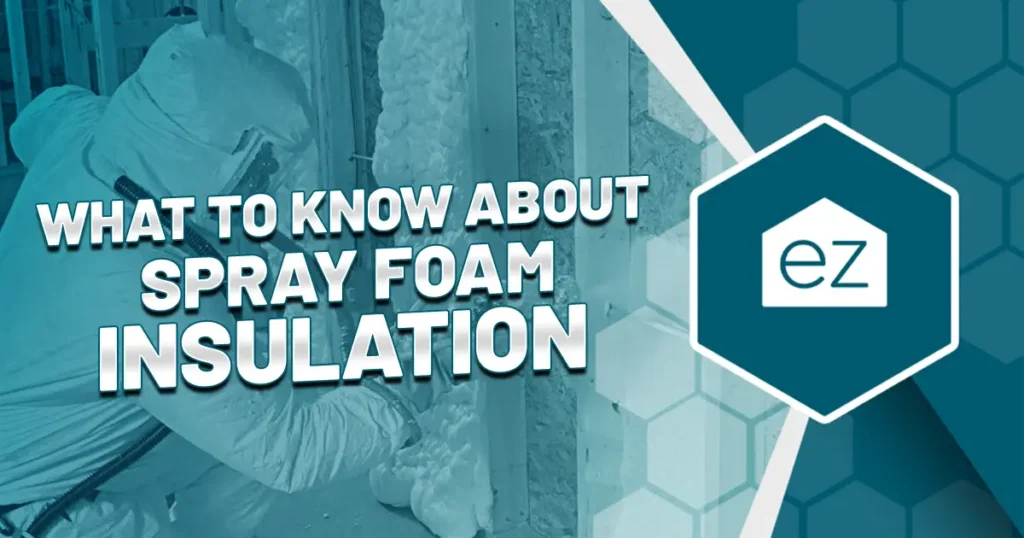9 Basic Steps of Buying a Home
The process of buying a home can be intense, require a lot of time and effort, and add a lot of stress. After all, it is the biggest investment you’ll make in your life. Where do you start? These X basic steps will guide you in the right direction, from start to finish, to help make things more manageable and make the best decisions possible.
Research.
Search online and in print real estate literature for home listings you’re interested in. Note details of the location, like traffic, school district, and proximity to restaurants, parks, shopping, and more. Also note any changes in the asking price to give you a heads up on housing trends in different areas.

Determine Your Budget & Save.
It’s extremely important to determine how much you can afford before you buy a home and apply for a mortgage. It’s recommended to look for homes no more than three to five times your annual household income, which includes a 20 percent down payment. Once your budget is set, it’s time to start saving for that down payment in cash that could be as low as 3 percent of the price of the home, depending on the mortgage.
Get Prequalified & Preapproved for Your Mortgage.
Research the different types of mortgage loans out there and find the one that’s going to be best for you. The most common are: FHA loans, popular for first-time home buyers because of the low 3 percent down payment; USDA loans, for people buying homes in rural or suburban areas; jumbo loans, for homes priced at more than $548,250(2021 Updated); and conventional loans, which are backed by a private lender, rather than the government. Once you’ve decided on the loan type, you’ll want to get preapproved for a mortgage so you can close on the home faster. Just provide some financial info to your mortgage banker, such as your income and the amount of investments you save, so you know the price range you can spend on a home. Later, to get preapproved for credit, you’ll have to provide more specific financial documents, like paycheck stubs, W-2 statements and more.
Hire an Agent.
You’ll want to be armed with the right agent before you begin your search for a home. Choose an agent you trust to guide you in the best direction of the best neighborhoods for you and your budget, the latest trends and overall knowledge of the market. Your agent is your partner when it comes to offers and negotiating further toward the end of the home buying process.
Search for a Home.
Start searching and touring homes in your price range, in the communities you want to live, and the homes that check off many of the things on your wish list. Use your agent as a resource for home listings that may not be accessible to the public or bring a list of homes you’ve already researched in step 1 that still meet your criteria and preapproved budget. Here is a checklist of details you’ll want to take note of when you attend home showings: turn light switches on and off, test the water pressure and how long it takes to get hot water by running the shower, see if windows and doors open and close, and make note of next-door neighbors if they’re out and about and elements of the upkeep of the neighborhood.
Make an Offer.
Congrats! You’ve found your dream home! Now, get serious and submit an offer. Work with your agent to come up with a fair offer based on neighborhood comps – and that offer could also include extras and contingencies. After the offer is proposed to the seller, you’ll normally hear back within a few days to see if the offer has been accepted, rejected or received a counter-offer with changes. If it’s accepted, you’re one step closer to closing!
Get a Home Inspection.
Your agent will help you arrange a home inspection from their list of recommended vendors within a few days of the accepted offer to check for structural damages conducted from a comprehensive checklist. This way, based on the inspector’s findings, you can renegotiate your offer if anything is found from his report, even withdraw the offer if the report reveals significant damage.
Get the Home Appraised.
The role of a third party appraiser is to let all parties involved in the sale know that you’re paying a fair price for the home. The appraisal will be arranged by your lender and acts as an independent estimate.
Close the Sale.
You made it! You’re at the finish line and will be signing a pile of paperwork, including loan documents, that’s required to complete the purchase of your home. This is usually conducted in the office of a real estate attorney, and, after your last document is signed, it typically takes a couple of days for your loan to be funded and the check to be delivered to the seller.
Welcome home!
Start Your Home Search
Preston Guyton
Share this Post
Related Articles
Buying a Home
Conforming Loan Limits: A Guide for Homebuyers
Buying a Home
What to Know About Termites In Your Home
Buying a Home
What to Know About Spray Foam Insulation
Buying a Home





